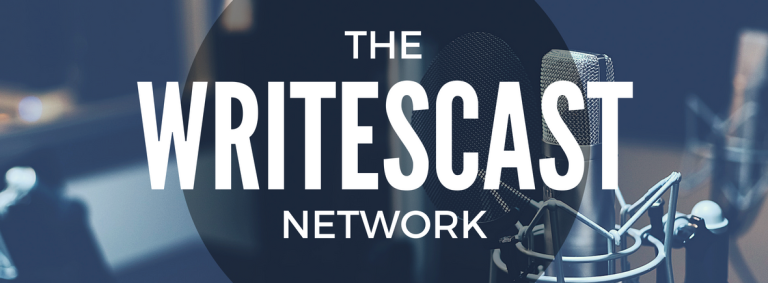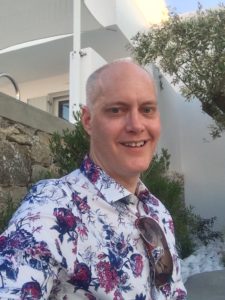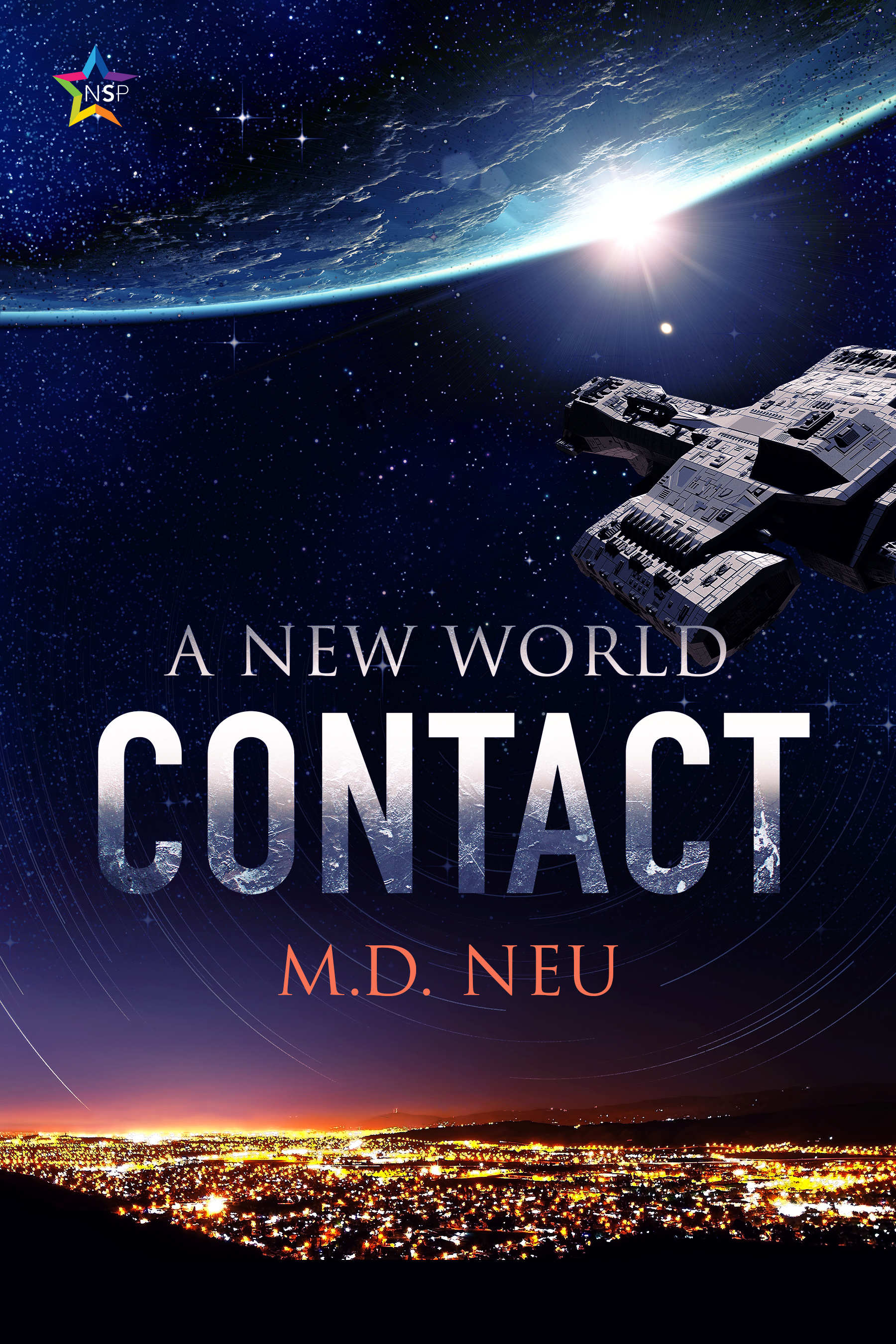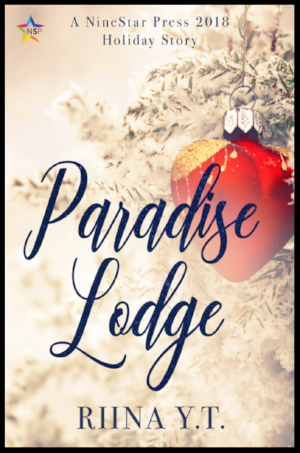Thank you so much for talking the time to stop by.
If you don’t mind please give my Scribblers an introduction of yourself. Something not found in your bio.
What’s not in my bio? My first publishing job was as an editorial assistant/receptionist in Foreign Language Textbooks for Harcourt Brace Jovanovich in New York. I got this job because I could type 80 words-per-minute and could type in foreign languages, having been fluent in German and Italian, and familiar with French and Spanish. I was an arrogant little twit, but the editors felt sorry for me, and educated me about living in New York and publishing, so that at least I wasn’t an uneducated arrogant little twit. I went on to work as director of foreign rights for Henry Morrison, international publishing rep with Lynn C. Franklin, children’s book agent for Goodman Associates and Carolyn M. Swayze, and acquisitions editor for Tradewind Books. Along the way I wrote articles for Publishers Weekly and reviewed for them, wrote for The Horn Book, the SCBWI Newsletter, and several newspapers, and was a film scout for Nevelco and a freelance reader for Four Winds Press. So you could say I’ve done a little bit of everything.
Holy Cow! That’s very impressive. You made me chuckle with the ‘arrogant little twit’, I’m sure we’ve all been there… when we were younger, of course. What got you interested in the publishing Industry?
I’ve been a writer all my life. When I got out of university, my mother told me I could live at home for three months but I needed to get a job. I was accepted into the MFA program at Brown, but I didn’t have the money to go to grad school. Publishing seemed like a good choice. I got the job at HBJ, found a dump in Brooklyn, and that was that. My second job – with a considerable raise – was for the major literary agent, Henry Morrison. Henry was a giant of a man and a giant of the industry. I sat on his blue sofa in the parlor of his Stanford White home in the West Village. He asked me who my favorite authors were. I told him James Hanley and Christina Stead, neither of whom he had ever heard of – he represented Robert Ludllum and David Morrell (both of whom would have known Hanley and Stead), amongst others. Henry taught me everything I know. If I know anything at all about books, it’s because Henry and our clients – some of the best writers of the 20th century – taught me.
Wow! So, with working for Henry Morrison and learning from the greats is that part of the reason you became an agent so you could help find new greats?
I think I have, in science fiction & fantasy, anyway. But, not really. I just like working in publishing.
With all your experience and knowledge, can you give us your take on the publishing industry as you’ve been around it since childhood and since, I believe, your Grandmother was involved in the industry as well. What has changed for good or ill? Where do you see it going?
When my grandmother (Helen Hammett Owen) was involved in children’s publishing, it was a gentleman’s business, led by strong women (Anne C Moore, Ursula Nordstrom). When I was involved in the 80s and 90s in traditional publishing, the writing (literally) was on the wall, in terms of American publishing’s survival. There was the great boom of bestselling fiction, especially in thrillers; sci-fy & fiction was booming in mass market and trade paperbacks; romance was branching out beyond the mass-market paperbacks of Harlequin. Children’s books was suddenly becoming big money – advances for children’s writers were improving. You could still make a living writing “mid-list” books. You could make a living writing paperback books. But Henry, and his great friend, the CEO of Bantam Books, Oscar Dystel, saw that the future of American publishing was grim: the weird practice of returns was going to destroy both independent bookstores and publishing. Henry and Oscar came up with a model that could have saved American publishing, but only two of the major NY publishers at that time were willing to listen, both of them known for their eccentricities, Donald I. Fine and George deKay. Their idea went nowhere, and Bertelsmann made their first major purchase of American publishing, followed by Penguin and Hachette and all the rest. When I started out, there were over 25 hardcover American publishing houses and at least 10 mass market publishers; now there are 5 in toto. Did Henry and Oscar foresee the collapse of publishing and the start of Amazon? I like to think they did.
I’m not a fan of Amazon – sorry, M.D. – nor am I a fan of the world that Amazon has created. Amazon has been the cause of two major movements that have devalued the monetary worth of the published writer: they (and their pals at NaNoWrimo) have sold this idea that anyone can write, and they’ve also sold this idea that writing is worth as little as 99 cents. I can remember when I could sell a short story – me, essentially a nobody – for $500. Now you pay magazines to publish you. American writers make less money per year now, when you factor in the worth of the dollar, than they did in the middle of the Great Depression.
No apologies needed. I’m not a huge fan of Amazon either and I agree that authors are greatly undervalued. Authors are selling themselves short when they list their books for 99 cents or even worse free (unless it’s for promotion or a giveway). I honestly don’t know how anyone, short of the Biggies, can make a living. It’s rather depressing.
What’s the future hold? We’re back in the 17th century. Rich oligarchs rule the world and the writer/artist/musician must have a wealthy patron in order to live. (It’s even called Patreon.)
I’m a fan of Robespierre, I’m afraid. Burn it all down, I say. Bring on Madame Defarge.
I hope we don’t have to go that far before things swing the other way, but you never know and none of us have a crystal balls.
Okay, so let’s move on a bit. As an agent, what do you look for when you pick up an author? Why is it important for authors to have an agent and what can authors expect agents to do for them? Basically, how does being an agent work? Oh, and, are you taking on any new clients?
Great writing, an original voice, and a marketable product. It really depends on the genre you’re in. If you want to write adult books in traditional publishing, you really need an agent if you want to go with the Big Five. (Yes, I know you can self-publish and you can indie publish without an agent. That’s not what M.D. asked me.) An agent: can offer beta readers, sensitivity readers, and editing services; an agent will market your work; an agent will schmooze on your behalf so you don’t have to (writers generally suck at schmoozing); an agent will go over the contract with a fine-toothed comb and take out all of the awfulness, like giving you a draconian non-compete clause; an agent will see your project through to publication and then all the publicity and marketing afterwards; an agent will sell your subsidiary rights with a better percentage than a publisher would ever give you; an agent can sue them when they refuse to send you your royalty statements.
Agents are the middlepeople between authors and publishers. They have good relationships with both their authors and editors. They have good relationships with foreign agents, salespeople, marketing people, and the film industry. A good agent is fantastic. No, I am a very small, boutique agency, and am still stuck in a day job. I have five clients. That’s all I can handle right now.
Not only are you an agent but you are also a writer and an editor? I’ve had the opportunity to read one of the books you’ve edited and it was amazing. I’ve also had the chance to read some of your work, also brilliant. Given that you do all three where does your heart lie? What is your passion?
When I started at HBJ, it was mandatory that all new hires complete professional training. I took in-house courses in editing, proofreading, copyediting, and developmental editing. This was standard. Now new hires go to university to learn this stuff, from the programs at NYU, for example. Henry was an old-fashioned agent. He did not have an agency contract. He worked by handshake. He also edited his clients’ manuscripts – and when he discovered I could edit, that went to me. I didn’t edit Bob Ludlum, but I did many of the newer clients. I enjoy editing, of helping the author’s voice unfurl. So many new writers, especially those self-publishing, have bizarre ideas about editors. But there are also a number of people who claim to be editors who simply do not have the professional experience to claim so – just because you’re an English major, it doesn’t mean that you can edit.
As for writing, I’ve been writing all my life. My mother claims I was dictating to her before I could hold a pencil. I can remember writing with a pen (scandalous!) in kindergarten and first grade. I think my first story was about a wild horse and I guess I was about six. My first play was about a ghost and a librarian, and it was performed by my 4th grade class. My grandmother, Helen Hammett Owen, was my first editor. I always ran whatever I was working on by her. She didn’t mince words, ever, whether I was eight or twenty-eight.
Where is my passion? Writing, I guess. It’s like asking you to choose which triplet you like best. I am all three. (And thanks for the compliments on my writing. It means a lot to me that you’ve liked my work.)
Of course. It was a lot of fun to read, and some heavy stuff, so I found it completely enjoyable.
Moving on, can you share with us some of your various projects? Not just the blurb but what inspired you to take it on? Did you feel it was a story that needed to be told? Was it a different voice you wanted to highlight?
I’m working on a literary novel, The Mortal Part, which I have nearly finished. Like my first novel, the psych thriller A Million Sherds, the story was percolating in my head for some time. I read about the hidden ten-year love affair between Danny Kaye (one of my all-time favorite performers and someone I was lucky enough to meet) and Laurence Olivier, and that idea – hidden relationships – planted a seed. Then my son introduced me to symphonic metal (do NOT laugh!) with the music of Tarja, the Finnish singer from Nightwish. On her first solo album she does a cover of a Christmas song which she dedicated to her late mother: You Would Have Loved This. It’s about the first Christmas after you’ve lost someone you adored – and out of that soup came this character, Sir Hugh Ross, actor of stage and film, fully-formed. I wrote the prologue and first three chapters before I even knew what I was doing, even as I was still in the middle of writing A Million Sherds.
In the middle of this story germinating, I came out, after being in the closet my entire life. First I came out as bisexual (which I am), but ultimately declared myself as genderqueer, demisexual. I think, if I were a teenager today, I would probably be trans. (If you’ve read my story Set in Place, that is very much autobiographical.)
Much of the work I’ve done since starting The Mortal Part has been the examination of queer and hidden spaces.
So. The Mortal Part looks at the loss of a spouse through the eyes of an elderly (72) bi actor, Sir Hugh Ross. Many novels have been written about what life and grief looks like for the surviving widow or widower, but The Mortal Part looks at grief through queer eyes.
I remember you letting me read a bit of it a while ago, and it’s beautiful, well what I read of it. I know it’s going to be a heavy book, but I look forward to reading the whole thing when it comes out. Do you have an ETA? Where are you in the writing process of The Mortal Part? Or can you say?
I’m about 25,000 words to the end. No, no ETA. Agent has to go over it first.
Clearly you’ve done quite a bit in the publishing world, so what is some advice you can give authors who want to get their books published? Who are looking for an agent? Who need an Editor?
If you want to get your novel traditionally published, there are multiple ways to get an agent and/or a publisher. Firstly, know your market and your audience. If you are writing genre fiction, read who’s writing in your genre. Not to copy them, but to see what works and what doesn’t, and who is publishing what you’re writing. If you’re writing literary fiction, it’s a good idea to check out university and independent publishers, market some short fiction, and look at where you might win some prizes. Lit fiction is all about prize competitions. (Be careful not to post your WIP on your website. That could be considered your 1st serial rights to a traditional publisher.) Build your platform. Website, blogging, Instagram, Twitter, whatever you enjoy. Don’t do something you don’t enjoy, it shows. Go to writer’s conferences, even local ones. Join a local writer’s group. Find your writing partners and beta readers. Get a list of good, reputable, professional editors. Pitching on Twitter can be a great way to land an agent, so practice writing your loglines. And get someone to look – many times – at your query letter. Please remember that a query letter is a business letter. It should be concise, professional, and free of gimmicks. Do NOT address a female agent by her first name. EVER. (Even if she’s your neighbor.) Don’t get discouraged. It’s hard. Even if you get an agent, it’s still hard. Even if you have a publisher, it’s still hard. It’s never not hard. As Richard Widmark said in Cheyenne Autum: “Endeavor to persevere.”
That is some great advice. You know, I want to ask, what do you have to say to Readers? We all read and given how the industry has changed over the years, what is something you want to ask or say to readers?
To Readers? I dunno, keep reading? I enjoy talking to my readers and I enjoy being a reader. Every now and then I read about readers doing really cruddy things at behest of authors, especially in gaming Kindle and Amazon, and I don’t understand that at all. I mean, I’m totally geeked out that Elly Griffiths follows me on Twitter – hell, I was totally geeked out just sitting next to Robert Barnard on the podium of a panel in NYC. I’ve had conversations with some of my favorite writers, as a reader, not a professional.
But I have to say I don’t get the “I don’t make any money and I can’t afford to buy a book over $5.99.” There’s something called the Library – and writers benefit from it. My local library did a huge gig for me when Pacific Tree Frogs was published – including a hands-on frog event! – so I don’t understand why readers with genuine money concerns don’t use the Library. I buy books when I can – and I still work as teaching as the day job. I will download to read ASAP – the new Louise Penny, for example – but I also buy hardcover books and ask for them as gifts. I recently bought N.K. Jemison’s boxed set of her Hugo Award-winning trilogy. My kids gave me the collected works of Ursula K. LeGuin for Chanukah. I buy Star Trek books. I recently discovered some cool middle grade writers. I always buy Jane Yolen’s latest.
Hell, I even have a signed and framed poster of A Walk Among Tombstones from my friend Larry Block.
I agree. Book are not expensive and there is nothing wrong with Libraries or, as you said, asking for books as a gift. I did the same with some books I wanted.
Stepping away from publishing let’s talk about another passion of yours, and mine, Star Trek. I know you’ve been on Trek panels, been to various conventions, and you know a slew of people inside the Trek Universe. I have to know, who is your favorite person to have met in regards of Trek? What is it like to be part of that world? Do you feel it gives you a greater appreciation for Trek or does it leave you with more questions than answers?
















































